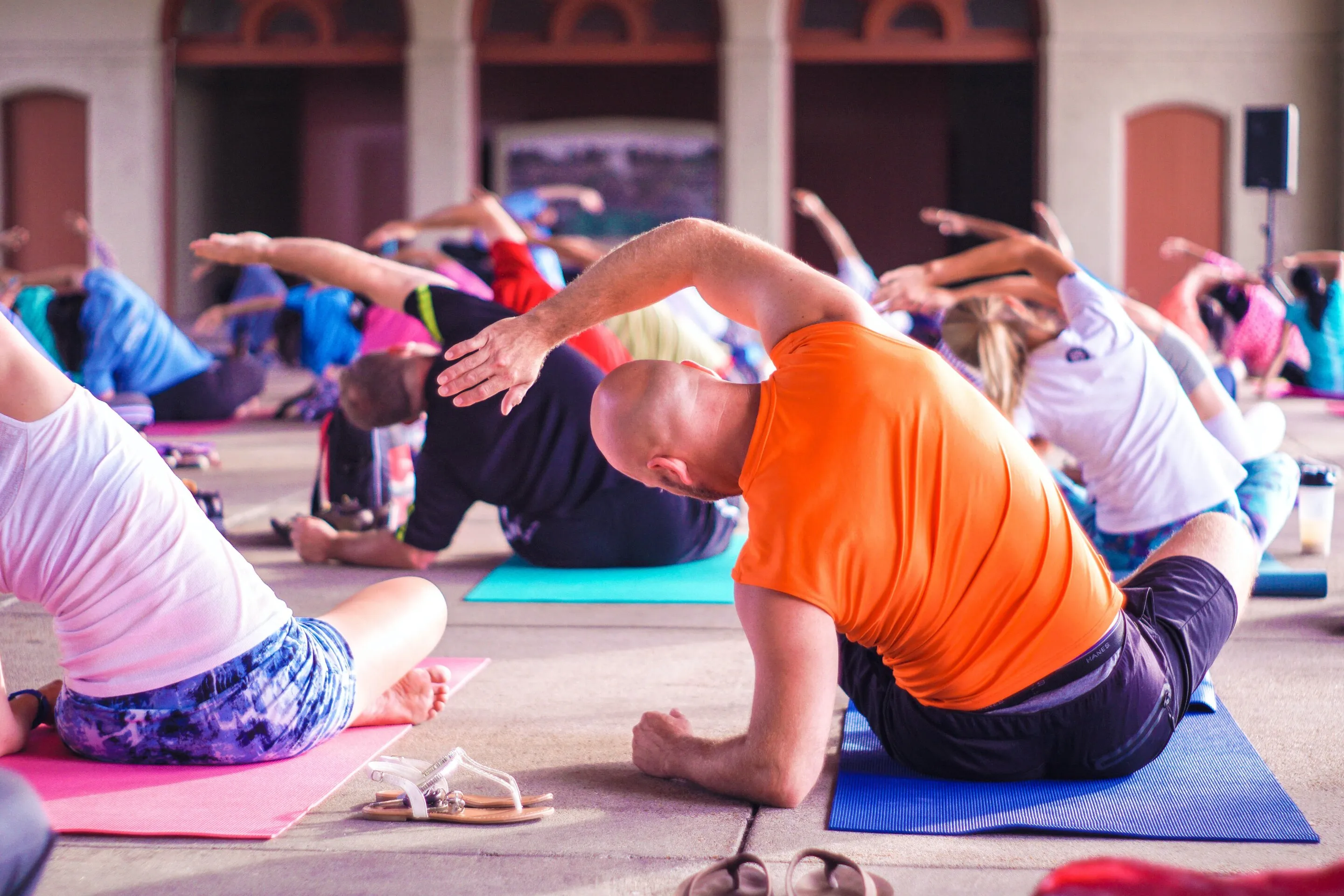Health Research Insights: Improving Flexibility for Better Well-Being

The Significance of Flexibility in Health Science
Health science emphasizes that flexibility is a crucial component of fitness that often gets overlooked. Achieving better flexibility can improve not just your physical performance but also your general well-being.
Benefits of Enhanced Flexibility
- Improved Range of Motion: Enhanced flexibility allows for greater movement capabilities.
- Reduced Risk of Injury: Proper flexibility can lower the chances of strains and injuries during physical activity.
- Better Posture: Flexibility aids in maintaining optimal body alignment.
- Enhanced Athletic Performance: Greater range of motion can contribute to improved sports outcomes.
How to Improve Your Flexibility
Integrating various stretching techniques into your routine will help you achieve better results in flexibility:
- Static Stretching: Holds stretches for 15-30 seconds.
- Dynamic Stretching: Movements that improve flexibility through rhythm.
- Yoga: Practicing yoga can greatly enhance your flexibility.
- Foam Rolling: This technique helps in muscle relaxation and elongation.
Disclaimer: The information provided on this site is for informational purposes only and is not intended as medical advice. We are not responsible for any actions taken based on the content of this site. Always consult a qualified healthcare provider for medical advice, diagnosis, and treatment. We source our news from reputable sources and provide links to the original articles. We do not endorse or assume responsibility for the accuracy of the information contained in external sources.
This article was prepared using information from open sources in accordance with the principles of Ethical Policy. The editorial team is not responsible for absolute accuracy, as it relies on data from the sources referenced.